Search
Search Results
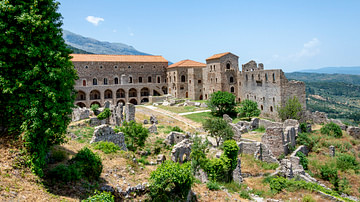
Definition
Despotate of the Morea
The Despotate of the Morea was a semi-autonomous appanage of the later Byzantine Empire. The Byzantines retook part of the Peloponnese in Southern Greece in 1262 CE, but the Morea was only officially governed by semi-autonomous despots of...
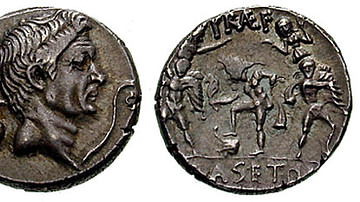
Article
The Battle of Pharsalus
Pharsalus, in eastern Greece, was the site of a decisive battle in 48 BCE between two of Rome's greatest ever generals: Pompey the Great and Julius Caesar. After several previous encounters, Pharsalus, the biggest ever battle between Romans...
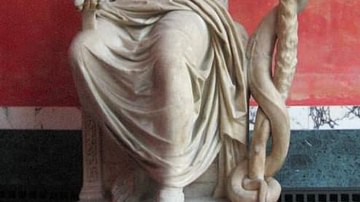
Definition
Asclepius
Asclepius was the ancient Greek god of medicine, and he was also credited with powers of prophecy. The god had several sanctuaries across Greece; the most famous was at Epidaurus which became an important centre of healing in both ancient...
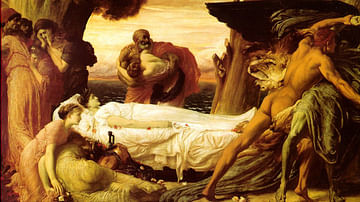
Definition
Alcestis
Alcestis was the mythical queen of Thessaly, wife of King Admetus, who came to personify the devoted, selfless, woman and wife in ancient Greece. While the story of Admetus' courtship of Alcestis was widely told, she is best known for her...
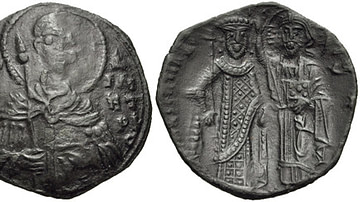
Image
Coin of Manuel Komnenos Doukas
Trachy of Manuel Komnenos Doukas, Emperor of Thessalonica and then ruler of Thessaly, (r. 1230-1241).
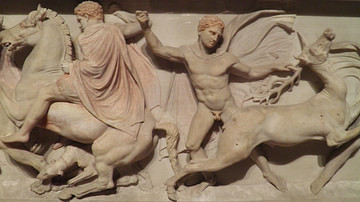
Definition
Argead Dynasty
The Argead dynasty, the ancient Macedonian house of Dorian Greek origin, lasted from the 7th century to 310 BCE. The mythological founder of the dynasty was King Caranus but it was under Philip II of Macedon (382-226 BCE) that the Macedonian...

Definition
Hippocrates
Hippocrates was born on the Greek island of Kos in the 5th century BCE, and he became the most famous physician in antiquity. He established a medical school on the island, wrote many treatises on medical matters, and is, through his systematic...
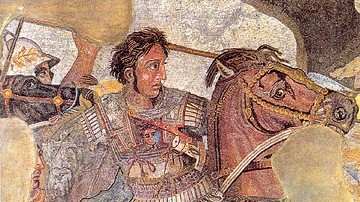
Definition
Bucephalus
Bucephalus was Alexander the Great's horse and is considered by some to be the most famous horse in history. Alexander and Bucephalus' initial meeting was unique but demonstrated the true character of one of the greatest generals in all of...
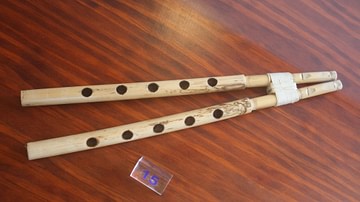
Definition
Aulos
The aulos was a musical wind instrument played by the ancient Greeks. It was also known as the kalamos or libykos lotos, which referred to the material from which part of the instrument was made: respectively, the reed and the Libyan lotus...
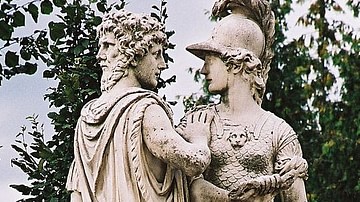
Definition
Janus
The Roman Republic owed much to the cultural influence of its Greek neighbors. For centuries the Greeks occupied a prominent position to the south on the island of Sicily. A series of wars in the 2nd and 3rd centuries BCE brought to the city...